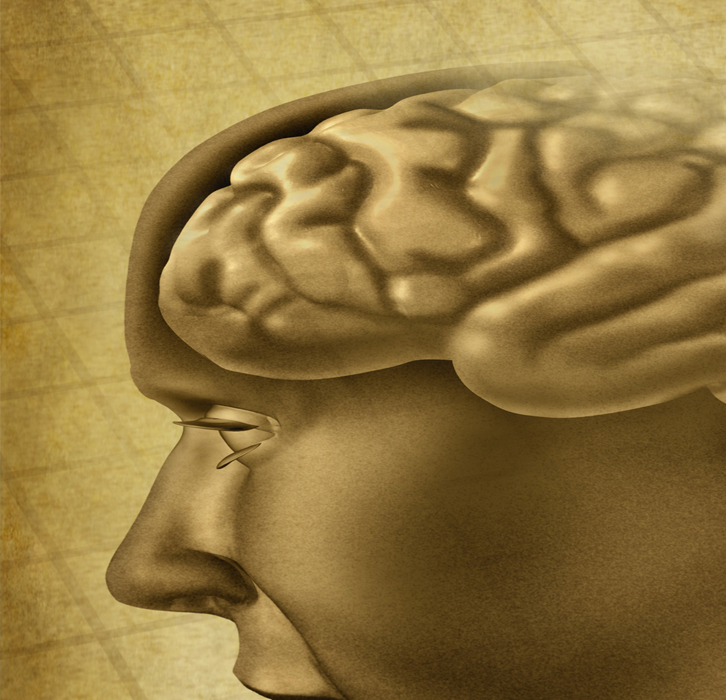What is FASD?

Fetal alcohol spectrum disorders (FASD) is an umbrella term describing the range of effects that can occur in an individual who was prenatally exposed to alcohol. These effects may include physical, mental, behavioral, and/or learning disabilities with lifelong implications. FASD is not a diagnostic term used by clinicians. Instead it refers to the range of effects […]
Medication

There is NO medication specifically for RAD, attachment difficulties or trauma. However, ATN does not discourage the use of medications. Many families have found that medications help to treat symptoms and lessen anxiety, intrusive thoughts and behaviors in such a way that the child is better able to benefit from therapies and other interventions. Parents should seek […]
Neuro-Based Approaches

One of the fastest-evolving areas of promising interventions for traumatized/attachment-disordered children in the area of neuroscience approaches. These approaches are based on the premise of brain plasticity; that is, the research that shows the brain is able to continue growing, changing and developing throughout a person’s life. These approaches target the brain’s chemical, electrical and structural by […]
Theraplay

Theraplay® assumes that the primary motivating force in human behavior is a drive toward relatedness to others not objects. Personality development is at its core interpersonal. The early interactions between parent and child are the crucible in which the self and personality develop. During treatment sessions objects are not used to resolve issues of childhood trauma, attachment, or […]
Real Life Heroes

Real Life Heroes provides practitioners with easy-to-use tools including a life storybook, manual, creative arts activities, and psycho education resources to engage children and caregivers in trauma-focused services. Tools and procedures were developed and tested with latency-age[1] children in a wide range of child and family service programs including children with symptoms of Complex PTSD […]
Trust Based Relational Interventions (TBRI)

Trust-Based Relational Interventions® (TBRI®), developed by Dr. Karyn Purvis and Dr. David Cross at the TCU Institute of Child Development, represents a revolutionary approach to addressing and healing childhood behavioral challenges. Emerging as a powerful intervention model, TBRI® has proven to be exceptionally effective across a wide range of contexts, particularly for children who have […]
Parent Child Interaction Therapy (PCIT)

Coming soon
Child Parent Psychotherapy – CPP

Child-Parent Psychotherapy (CPP) is a therapeutic intervention specifically designed for children from birth through age 5 who have experienced at least one traumatic event. Such traumatic events may include maltreatment, the sudden or traumatic death of someone close, a serious accident, sexual abuse, or exposure to domestic violence. These experiences can profoundly impact a child’s […]
Attachment, Regulation, Competency (ARC) Model

The Attachment, Regulation, Competency Model (ARC) is a framework for intervention with youth and families who have experienced multiple and/or prolonged traumatic stress developed by the Trauma Center at Justice Resource Institute (www.traumacenter.org), the institute founded by Dr. Bessel van der Kolk, expert in childhood trauma. ARC, developed by Kristine M. Kinniburgh and Margaret E. […]
What Works & What Doesn’t
Let’s start with what DOESN’T WORK…and why: Traditional Psychotherapies — i.e. talk therapies, don’t work with children with an Attachment Disorder or those with early childhood, (especially pre-verbal) trauma. Two reasons. First,traumatized children are not helped by talk therapy because of their inability to access (talk about) their actual trauma memories and the specific events and triggers. […]